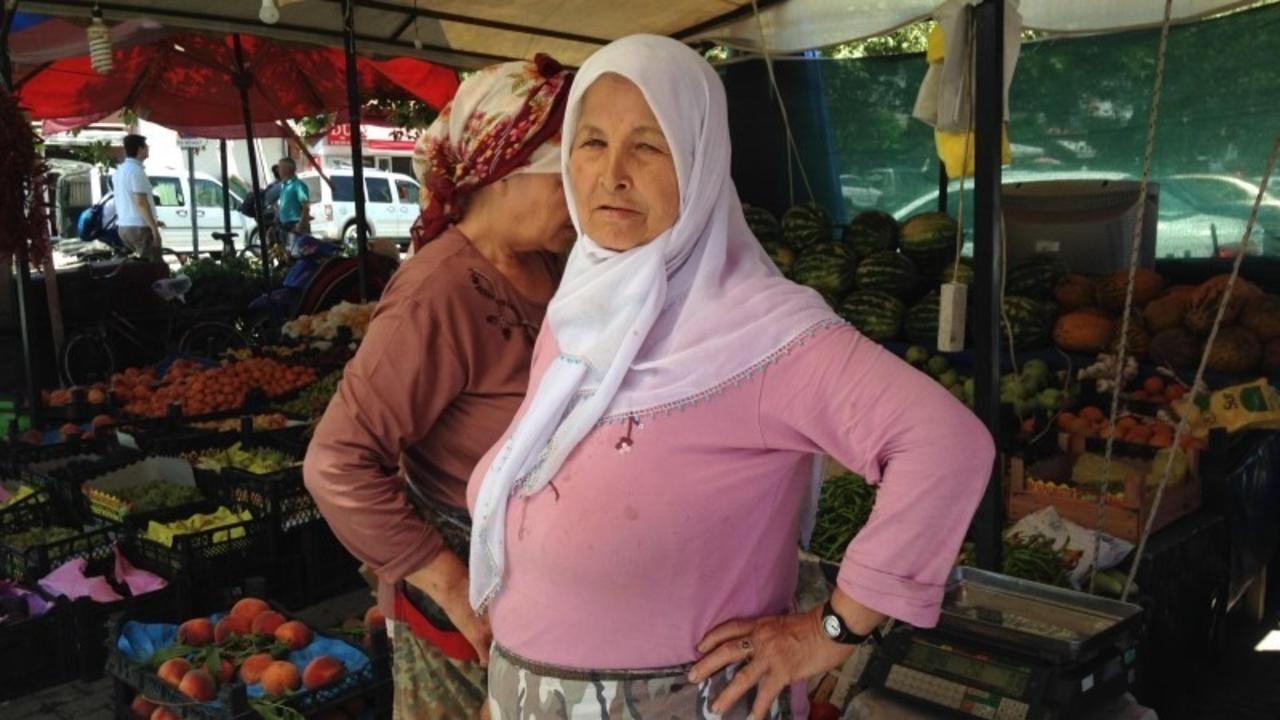
Enterprise, gender and rules of the game
Jan 23, 2019By Holly Campbell, UCL
Historically, the concept of ‘enterprise’ has been typically associated with and ascribed to the realm of men. It lies with socially constructed gendered binaries of rationality, public spaces, and economics. Women, on the other hand, have been deemed to only exist in spaces of the home/ private / domestic. This forms what might be called the ‘rules of the game’.
Whilst in England we may feel that the majority of these stereotypes have now broken down, in many places they are still upheld to be true. In Turkey, where I spent my summer of 2016 doing dissertation research, women’s economic activity ranked 206th among the 215 countries listed in UN statistics in 2009.
I was intrigued by this, as I had noticed on one of my frequent trips to the country a rise in female owned businesses. I wondered what the impacts of this change in the economic setting might have been producing specifically – Could this have an impact on patriarchal norms?
Female enterprise: changing the rules?
For the last four decades, many mainstream development institutions have been encouraging the entering of women into the workplace. The World Bank has proclaimed that investing in female employment is ‘Smart Economics’ for it is ‘a cost-effective route to economic efficiency’. They say that changing the rules of the game is simple. You encourage women to enter the workforce and – tah-da! – they are empowered. Not only are they empowered, but you have also simultaneously achieved other development benefits, for example, population control.
The empowerment literature says that female enterprise can re-write patriarchal rules. However, I found that whilst the women had migrated from the home into the ‘public’ realm of work, they were still very much so ‘playing by the rules’.
Unfortunately, things aren’t so simple. In fact, at the time of writing my dissertation, the Turkish government were encouraging women to enter the workforce (into enterprise, specifically) to increase GDP but maintain the existing patriarchal structure. This is because female enterprise schemes articulate well with patriarchal conservatism in Turkey, with the common objectives of self-employment being traditional female tasks such as care giving, cooking and carpet weaving. One of President Erdogan’s public speeches at the time summed up the sentiment: ‘a woman who rejects motherhood, who refrains from being around the house, however her working life is, is deficient, is incomplete’ (Aljazeera, 2016: no pagination).
This contradiction between the two narratives (enterprise = empowerment vs. enterprise = continuation of patriarchal norms) is what I sought to untangle in my dissertation, by spending 5 weeks interviewing 25 female entrepreneurs in Selçuk, Turkey. Long story short, neither narrative was correct, nor commendable.
The empowerment literature says that female enterprise can re-write patriarchal rules. However, I found that whilst the women had migrated from the home into the ‘public’ realm of work, they were still very much so ‘playing by the rules’. The women reported how ‘performing’ their gendered roles was integral to the running of their businesses. For example, by having domestic businesses related to childcare and cooking, and over-expressing their ‘naturally caring tendencies’ to find customers, such as one toy stall owner.
Many reported having to suppress or quieten themselves so as not to annoy the other male business owners who ventured into the street to pull customers in. Another common finding was that whilst the women were now working, their unpaid workloads at home had not decreased and their husbands domestic input had not increased – leading to a double ‘shift’ of work for the women.
Oppositely, the Turkish governments narrative was also not true. The women reported feeling that they had greater societal roles. They highlighted how they felt happiness that they could pay for and have control of their children’s education. Finally, although in some cases their enterprise led to jealousy within spousal relationships, many women highlighted the had greater freedom due to being financially independent.
Going forward
In conclusion, both narratives have something in common: They both see women as a single generic body, to whom a one-size-fits-all strategy should fit and produce identical outcomes.
Women are humans, they are not numbers or faceless statistics. Future development projects need to see women as unique and autonomous, with different lives and outcomes and ways of dealing with things. Until they are seen in this way, no strategies to ‘empower’ women will work. Adding to that, if schemes do try empower women, then this goal should first and foremost be an end in itself, rather than a means to a separate end, such as population control.
Women are humans, they are not numbers or faceless statistics.
Furthermore, it shouldn’t be up to women alone to change the rules of the game. Men are implicit in upholding patriarchal norms. It makes sense that if things are going to change, men should also be targeted.
Royal Geographical award
I was over the moon to find out I had been awarded the 2017 Economic Geography Research Group Best Undergraduate Dissertation award. My dissertation was inspired by the area of feminist economics, which is an area in itself that is trying to ‘change the rules of the (economic/academic) game’. I look forward to reading the titles of this year’s winners.
www.aljazeera.com/news/2016/06/turkey-erdogan-childless-women-incomplete

